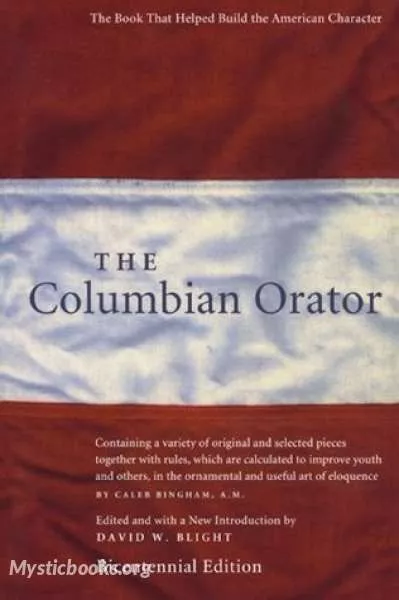
The Columbian Orator
'The Columbian Orator' Summary
It is significant for inspiring a generation of American abolitionists, including orator and former slave Frederick Douglass; essayist Ralph Waldo Emerson; and author Harriet Beecher Stowe, best known for her novel Uncle Tom's Cabin.
In his Narrative of the Life of Frederick Douglass, self-taught writer and abolitionist Douglass praises the book as his first introduction to human history and eloquence. When he was 12 years old and still enslaved, he bought a copy using 50 cents he saved from shining shoes, and he "read [the essays] over and over again with unabated interest ... What [he] got from Sheridan was a bold denunciation of slavery, and a powerful vindication of human rights."
Douglass was particularly inspired by a dialogue between an enslaved person and his master in The Columbian Orator that demonstrated the intelligence of the slave. In this passage, the master presented the slave with justifications of slavery, each of which the slave rebutted, until the master was convinced that the bondage was in fact unethical. The passage ended with the slave winning the argument and, therefore, his freedom. It can be assumed that the book's guidelines of oratory also contributed to Douglass's success as a public speaker; William Lloyd Garrison praised Douglass in the introduction of his autobiography, claiming, "Patrick Henry, of revolutionary fame, never made a speech more eloquent in the cause of liberty."
The Columbian Orator became symbolic not only of human rights but also of the power of eloquence and articulation.
Book Details
Language
EnglishOriginal Language
EnglishPublished In
1797Authors
Caleb Bingham
United Kingdom
Caleb Bingham (1757–1817) was an educator and textbook author of late 18th-century New England, whose works were also influential into the 19th and 20th. Among his most influential works were bo...
Books by Caleb BinghamDownload eBooks
Listen/Download Audiobook
- Select Speed
Related books
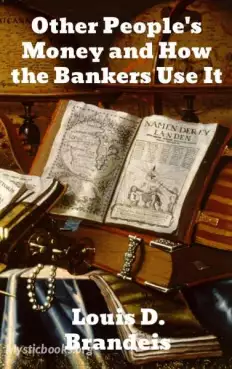
Other People's Money by Louis D. Brandeis
Other People's Money And How the Bankers Use It is a collection of essays written by Louis Brandeis first published as a book in 1914, and reissued in...
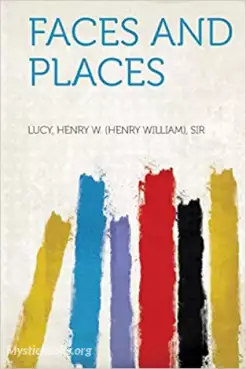
Faces and Places by Henry W. Lucy
Faces and Places is a collection of articles on nineteenth century travel, events and personalities by the British journalist Henry Lucy, who wrote fo...
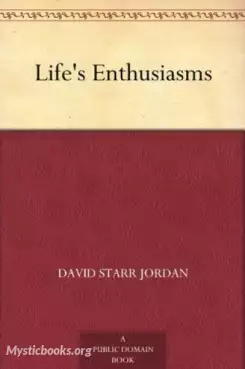
Life's Enthusiasms by David Starr Jordan
That is poetry in which truth is expressed in the fewest possible words, in words which are inevitable, in words which could not be changed without we...

Walking by Henry David Thoreau
This was originally a lecture given by Thoreau in 1851 at the Concord lyceum titled "The Wild" . He revised it before his death and it was included as...
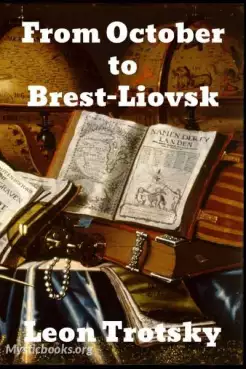
From October to Brest-Litovsk by Leon Trotsky
This account by Trotsky is of the events in Russia from the October Revolution of 1917 in Petrograd, to his signing of the Brest-Litovsk treaty with G...
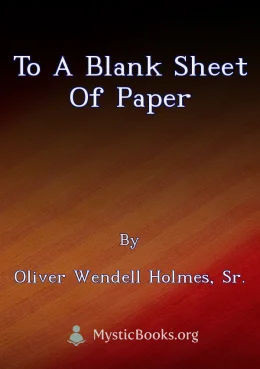
To a Blank Sheet of Paper by Oliver Wendell Holmes, Sr.
“To a Blank Sheet of Paper” is a poem by Oliver Wendell Holmes Sr., reflecting on the creative process and the blank page's potential. Written in a c...
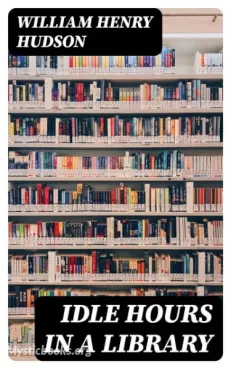
Idle Hours In A Library by William Henry Hudson
"In the quiet of a library, William Henry Hudson shares his thoughts on a wide range of topics, from literature and nature to philosophy and religion....
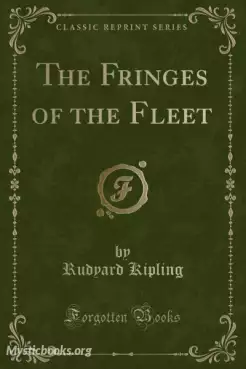
The Fringes Of The Fleet by Rudyard Kipling
The Fringes of the Fleet is a booklet written in 1915 by Rudyard Kipling. The booklet contains essays and poems about nautical subjects in World War I...
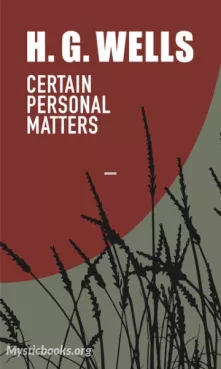
Certain Personal Matters by H. G. Wells
In this captivating collection of essays, H.G. Wells, the renowned science fiction author, invites you to embark on a journey of introspection and sel...
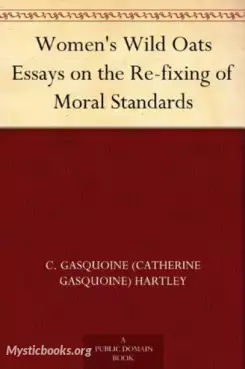
Women's Wild Oats: Essays on the Re-fixing of Moral Standards by Catherine Gasquoine Hartley
It is a thought-provoking collection of essays that explores the changing nature of morality and its impact on women. In this book, the author delves...
Reviews for The Columbian Orator
No reviews posted or approved, yet...